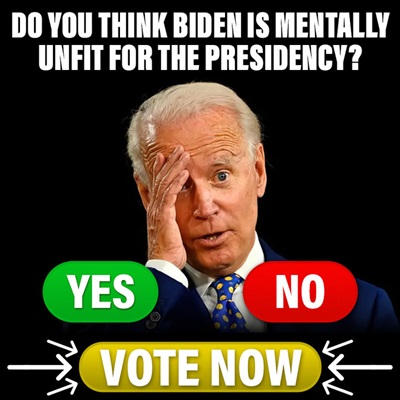Senior White House advisors have carefully controlled Joe Biden’s schedule and public appearances for over a year, aiming to shield the public from signs of aging in the oldest president, 81, ever in U.S. history. Concerns about the president’s endurance has even led to aides vetoing plans for nationwide trips. These measures were taken as more and more of Biden’s public gaffes were noticed, despite assurances from top advisors that he was in good health.
The concerns culminated when Biden struggled significantly during the 90-minute debate in June, shocking even some of his own staff and party members who had limited personal interactions with him. A White House official revealed that Biden has communicated with at least 20 lawmakers following his poor debate. Despite requests from Republican leaders for a direct meeting with Biden, his team declined, offering discussions with senior aides instead.
As Biden’s presidency has progresses… or regressed, his interactions with lawmakers have diminished, evidenced by visitor logs and public eye. At the G& summit, recognizing Biden’s tendency for fatigue in the evenings, German officials even arranged an early evening event with Chancellor Olaf Scholz in June 2022. The informal gathering at the Alpine resort, part of the summit, was intended as a discreet discussion about Ukraine.
However, Biden did not attend the event, surprising Chancellor Scholz and his team. Instead, Secretary of State Antony Blinken appeared, informing those present that the President of the United States needed to retire for the night, according to accounts from two attendees who spoke with The Wall Street Journal.
Matthew Miller, a spokesperson for the State Department, refuted claims that Secretary Blinken said Biden needed to go to bed. “Secretary Blinken never made such a statement.”
Another White House official elaborated that during the summit, Biden effectively juggled his responsibilities, engaging with international leaders while also handling urgent domestic issues. This included ending one of the summit days at 10 p.m. after a lengthy discussion with his domestic team. Those familiar told the WSJ that Biden seemed increasingly exhausted over the days, a condition U.S. aides attributed to the lack of air conditioning at the venue. During a meeting with Democratic governors last week, the president expressed his need for more sleep and recommended avoiding events scheduled to start after 8 p.m.
On June 4, the WSJ reported that people in D.C. observed Biden had been underperforming. However, the White House quickly countered these claims, asserting that the president was sharp and focused. They attributed the criticism to partisan politics.
The outlet reported during a January meeting in the West Wing with congressional leaders about Ukraine funding, Biden’s soft speech made it difficult for some attendees to hear him, according to five sources familiar with the event. He relied on notes to emphasize clear points, occasionally paused for long periods, and closed his eyes for extended durations, leading some to question if he was disengaged.
In a separate February meeting in the Oval Office, House Speaker Mike Johnson (R-LA) reported that Biden referred to a significant policy shift affecting large energy projects merely as a “study.” This conversation, recounted by six individuals briefed on the matter, raised concerns about the president’s recall of his administration’s policies.
The debate against former President Donald Trump seems to have let the cat out of the bag.
(VOTE NOW: Is Biden Mentally Unfit To Serve As President?)
Source link


